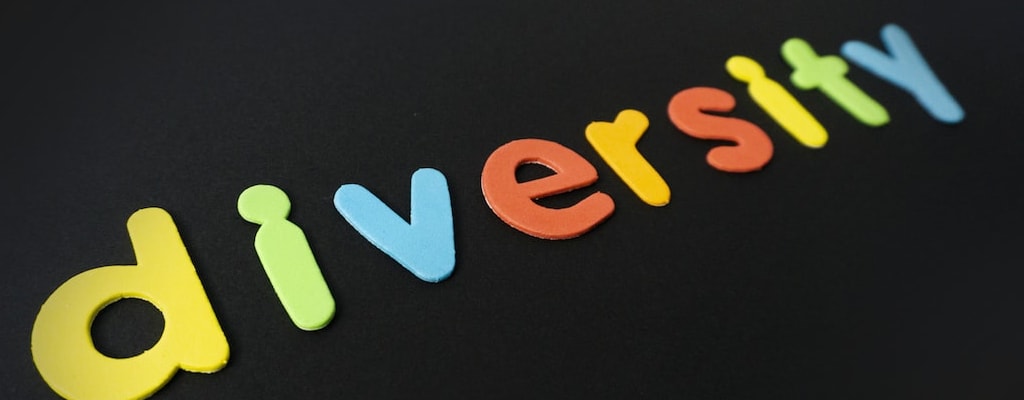see through: Idiom Meaning and Origin
What does ‘see through’ mean?
"See through" means to recognize the true nature or hidden agenda of something or someone, often referring to a person's dishonesty or deceitful behavior.

Idiom Explorer
The idiom "see things" means to perceive or experience something in a particular way, often different from reality. It implies a subjective understanding or interpretation of a situation or event.
The idiom "see the trees through the forest" means to focus on small details and lose sight of the overall picture or main idea. This can happen when someone becomes too absorbed in the minor aspects of a situation and fails to understand the larger context or objective.
The idiom "see the light of day" means to be revealed or brought to attention after being hidden or kept secret for a period of time.
The idiom "see the light" means to finally understand or realize something, often after a period of confusion or ignorance.
The idiom "seeing is believing" means that someone is more likely to believe something when they see it with their own eyes, rather than simply hearing about it or being told about it by someone else.
The idiom "see daylight" means to find a solution, typically after a period of confusion or difficulty. It implies a sudden understanding or clarity in a situation, often leading to a resolution or breakthrough.
The idiom "see a man" means to fully understand or comprehend something after witnessing it firsthand.
The idiom "scratch the surface" means to only uncover or reveal a small part or a superficial level of something, without fully understanding or exploring its depth or complexity.
Mind-reader.
The idiom "see through" has several meanings and applications in everyday language. One of the most common uses of this idiom is to describe the ability to understand the true nature of someone or something. If someone can "see through" a person's lies or manipulations, it suggests they can discern the truth behind their words and actions.
Another way "see through" is commonly used is to describe the act of perceiving beyond the surface of something, to understand its true qualities or characteristics. If someone can "see through" the façade of a person's confident demeanor and recognize their underlying insecurities, it shows their ability to understand their true emotions.
The idiom "see through" can also refer to something that is transparent or easily seen through, both literally and metaphorically. For instance, if someone says they can "see through" a glass window, it means they can clearly see objects or people on the other side. Similarly, when someone claims they can "see through" a weak argument, it implies they can easily identify its fallacies or flaws.
Furthermore, "see through" can denote the act of following through on one's plans or promises. When someone is able to "see through" a task or project, it means they are committed to completing it until the end, without giving up or abandoning it midway. This emphasizes the importance of perseverance and determination in achieving one's goals.
While the origins of this idiom are not precisely documented, its figurative meanings are widely understood and used in contemporary American English. The metaphorical use of "see through" relies on the literal visual sense of the phrase, where the ability to see something through a transparent surface translates to the ability to understand or perceive something beyond its surface. This idiom has become ingrained in the English language and is frequently used in various contexts.
The multifaceted nature of the idiom "see through" allows for diverse interpretations and applications. It reflects our inherent desire to uncover truths, penetrate illusions, and gain a deeper understanding of the world around us. Whether used to describe the ability to detect deception, perceive hidden qualities, or follow through on commitments, "see through" serves as a reminder of our capacity for insight and discernment.
Another idiom related to "see through" is "see things." This idiom means to have visions or hallucinations. It can also refer to perceiving something that isn't there or misinterpreting sensory stimuli. Unlike the idiom "see through," which focuses on understanding the true nature of something, "see things" emphasizes the perception of something that may not actually exist.
Additionally, the idiom "in plain sight" is related to "see through." It means that something is clearly visible or apparent, without any effort or investigation required. When something is "in plain sight," it is easily noticeable and readily observed by anyone present. This idiom highlights the idea of something being obvious or easily discernible without any hidden or concealed elements.
The idiom "see through" can be used to describe understanding the true nature of someone or something, perceiving beyond the surface, recognizing transparency or flaws, and following through on commitments. It reflects our desire for insight and discernment in various aspects of life. The related idioms "see things" and "in plain sight" further expand on the ideas of perception and visibility. Together, these idioms demonstrate the complexity and richness of the English language, inviting us to explore and appreciate the many ways we communicate and understand the world around us.
Example usage
Examples of how the idiom see through can be used in a sentence:
- She was able to see through his lies and knew he was not being truthful.
- Despite the obstacles, they were determined to see through their plan and achieve their goal.
- He could see through the thin curtains and observe the people walking by on the street.
The idiom see through is often used figuratively to mean seeing the truth behind someone's actions or statements, or to persevere and complete a task or plan despite difficulties.
More "Transparency" idioms
We missed the mark - nothing found.



